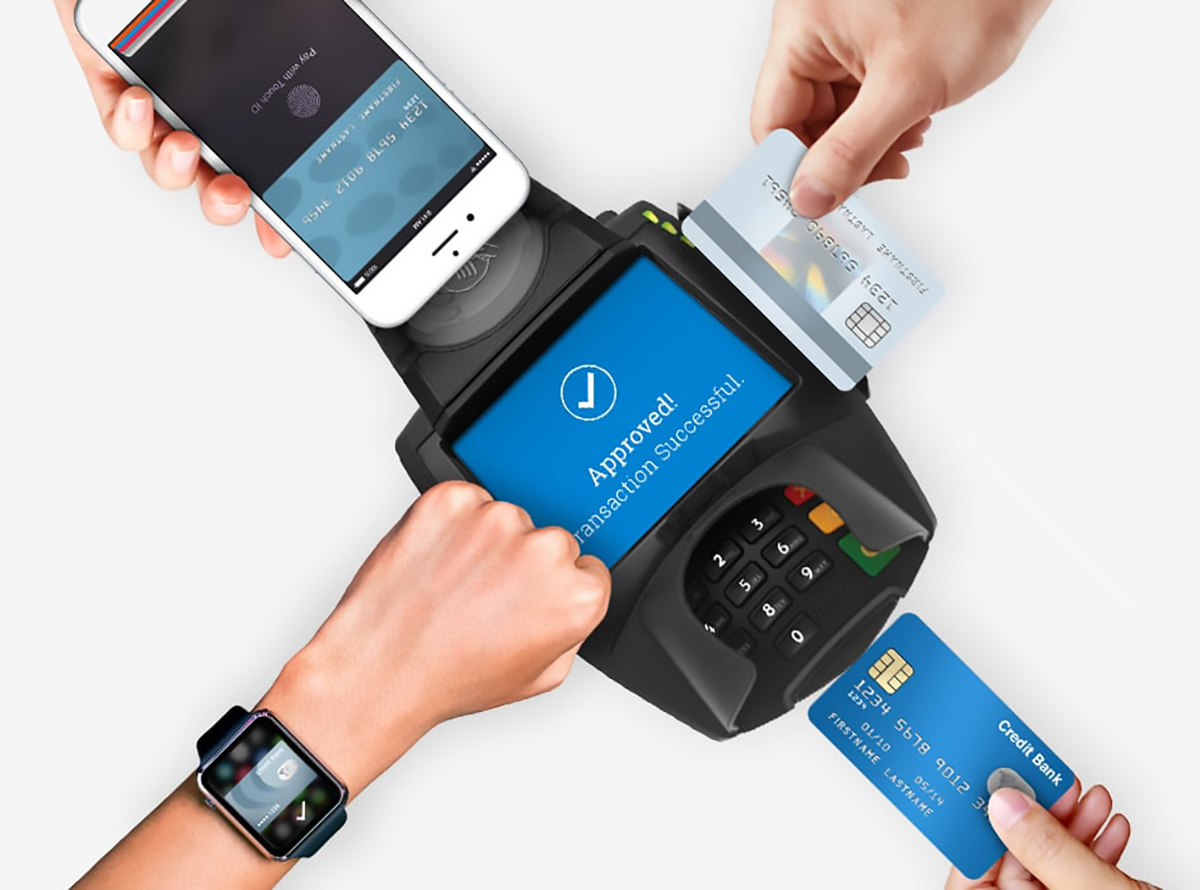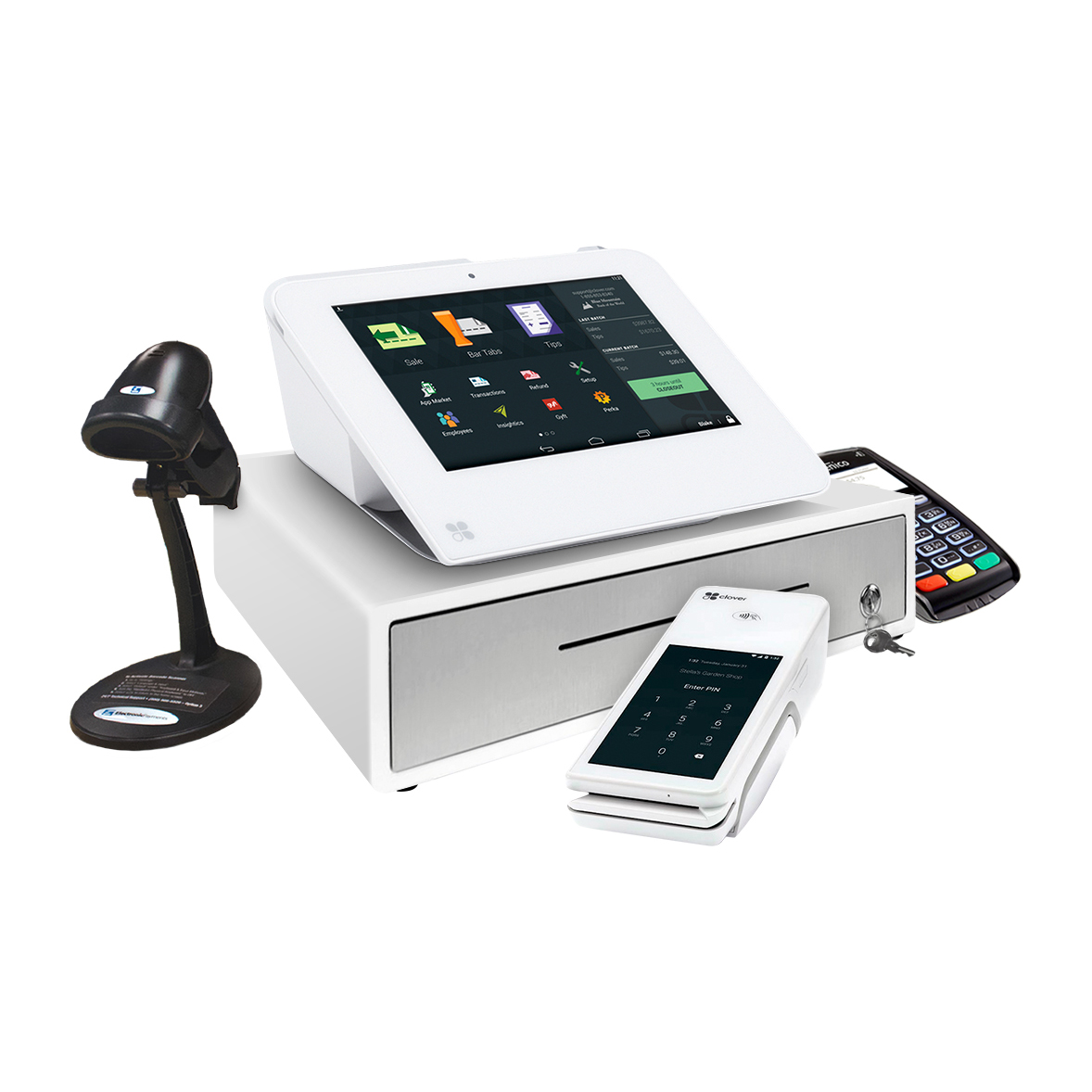Our cloud-based platform is so seamlessly integrated you would think it was part of your accounting software.





Streamlining Business Payments
In the dynamic world of finance, efficient payment processing can mean the difference between thriving and merely surviving. QuickBooks desktop credit card processing with POS Brokers offers a way to streamline payments, allowing businesses to accept credit cards with ease. This integration provides not just speed, but also accuracy and automation, reducing time spent on manual entries.
One of the standout features is the automation of transaction entries. Transactions automatically sync to QuickBooks, ensuring records are always up-to-date and accurate. This reduces the chance of human error, saving you time and potential headaches when it comes to accounting reconciliation.
Embracing the full capabilities of QuickBooks desktop credit card processing can also lead to better customer satisfaction. By offering diverse payment options like credit cards, ACH, and digital wallets, you're providing convenience to clients, which can increase their loyalty and your brand's reputation.
What Are the Costs Associated with QuickBooks Desktop Credit Card Processing?
QuickBooks desktop credit card processing typically involves several types of fees. These may include transaction fees, monthly service charges, and setup fees. Often, the transaction fees are a percentage of each sale, plus a flat rate, which can vary depending on the card type (e.g., credit, debit, rewards).
If you're comparing merchant services providers, you'll notice differences in pricing models. It's crucial to analyze these fees carefully to ensure you're not overpaying. Consider negotiating rates based on your sales volume or exploring providers that offer interchange-plus pricing for potential savings.
Beyond obvious costs, hidden fees such as PCI compliance and chargeback fees need consideration. While they can catch businesses off-guard, being proactive in understanding these elements can prevent financial surprises and help maintain a healthy bottom line.
How to Optimize Processing Fees
Optimizing the costs associated with QuickBooks desktop credit card processing involves a few strategic steps. Here's how you can keep those fees in check:
- Shop Around: Compare different processors. Look beyond the advertised rates and consider the holistic cost.
- Negotiate Rates: Use your transaction volume as leverage to obtain better pricing or terms.
- Implement Best Practices: Ensure compliance with PCI standards and reduce incidents of fraud to mitigate chargeback fees.
- Choose the Right Payment Processor: Consider processors that offer integrated solutions with QuickBooks, reducing manual work and potential errors.
Security and Compliance
Security is paramount when handling transactions. QuickBooks desktop credit card processing upholds stringent security standards to protect sensitive information. By adhering to PCI DSS compliance, you ensure that client data is safeguarded, which fosters trust and builds your business's credibility.
It's wise to stay informed about the latest security updates and implement them promptly. Employing encryption and tokenization as additional layers of security can also mitigate risks. Training staff on best practices and creating a culture of vigilance will further enhance your security efforts.
Always remember that a breach not only impacts finances but can severely damage your brand's reputation. Staying compliant with industry standards is not just good practice; it's essential for maintaining client confidence and fostering long-term business relationships.
Common Challenges and Solutions
While integrating QuickBooks desktop credit card processing can provide substantial benefits, it's not without challenges. Businesses may encounter issues such as integration difficulties, discrepancies in transaction records, or customer service shortfalls.
To tackle integration challenges, consider hiring professionals with expertise in QuickBooks and payment processing. They can ensure a smooth setup and address any technical glitches efficiently. For discrepancies, regular audits and reconciliations will pinpoint issues early, allowing for timely corrections.
- Ensure all systems are properly synced.
- Maintain open communication with your service provider.
- Regularly update your software to the latest version to avoid bugs and security vulnerabilities.
Effective problem-solving involves not just addressing current issues but implementing strategies to prevent future ones. Proactivity in maintaining your payment processing environment will pay dividends in terms of both time and cost.

Integrating QuickBooks Payment Processing
In my 20+ years of experience in the payment processing industry, I've found that integrating QuickBooks Desktop's credit card processing fees can be a game changer for businesses. By aligning your merchant services with QuickBooks, you not only streamline your payment processes but also significantly reduce operational hiccups. Seamless integration means you can automatically reconcile invoices and payments, enhancing cash flow visibility.
One crucial insight I've gleaned over the years is the importance of selecting the right merchant account. Many businesses pay more than they should in credit card processing fees due to suboptimal merchant accounts. We at The POS Brokers negotiate better rates, ensuring your processing costs are minimized without sacrificing the quality of service.
Is Zero-Cost Processing Possible?
Yes, implementing zero-cost processing with QuickBooks Desktop is a viable option for many businesses. Zero-cost processing involves passing the transaction fees to customers, thus eliminating the burden on your business. Here's a simple breakdown:
- Verify legality in your state: Ensure surcharging is allowed where you operate.
- Clear customer communication: Display surcharge information prominently during transactions.
- Set up a surcharge item in QuickBooks: This automates fee application during checkouts.
- Regularly audit fees: Ensure compliance and adjust rates as needed to reflect actual processing costs.
This approach helps in managing QuickBooks Desktop credit card processing fees effectively, ultimately boosting your bottom line.
Strategies for Reducing Processing Fees
My clients often ask how to lower their QuickBooks Desktop credit card processing fees. Over the years, I've distilled a few strategies that consistently deliver results:
- Interchange Optimization: Ensure transactions qualify for the lowest possible rates by providing additional data for Level 2/3 processing.
- Cash Discount Programs: Offer discounts for cash payments to save on card fees.
- Seasonal Rate Evaluation: Review fees periodically, especially before peak business seasons.
These strategies not only save money but also enhance customer satisfaction by offering varied payment options.
How Does QuickBooks Handle Fees?
QuickBooks Desktop's robust system automatically logs transaction details and credit card processing fees once a payment is received. This real-time data integration is invaluable for maintaining accurate financial records. Additionally, QuickBooks allows you to track these fees under dedicated accounts, simplifying your tax preparation process at year-end.
From my perspective, the power of QuickBooks lies in its ability to bridge the gap between small businesses and efficient payment processing. By leveraging its features, you're not only cutting down on processing fees, but also gaining valuable insights into your business's financial health. This strategic use of QuickBooks Desktop credit card processing fees is what sets successful businesses apart.
Personal Experiences with Processing Fees
Reflecting on my years in the industry, one personal experience stands out. I assisted a local retailer struggling with exorbitant credit card fees. By transitioning to a more fee-efficient merchant account and optimizing their QuickBooks setup, we reduced their fees by 30%. This not only increased their profit margins but also improved their customer service by allowing them to reduce overall prices.
This case demonstrates that addressing QuickBooks Desktop credit card processing fees with tailored solutions can yield substantial benefits. Each business is unique, and finding the right fit requires expertise and a commitment to ongoing optimization.
Streamline and Save with QuickBooks Desktop Payments
In the fast-paced world of business, efficiency is crucial. QuickBooks Desktop Payments offers a streamlined way to handle transactions by integrating credit card processing directly within your existing account software. This setup eliminates the need for disjointed systems, providing a seamless experience that connects your payment processes to your bookkeeping. Personally, I've seen businesses cut their transaction time by nearly 30%, enhancing productivity and ensuring that financial records are always up-to-date.
Not only does it offer ease of use, but QuickBooks Desktop Payments also comes with the benefit of potentially lower processing fees. As someone who has worked in payment solutions for over two decades, I've witnessed the advantage of negotiating better rates and cash discount options. This can translate to significant savings over time, preserving your bottom line without sacrificing service quality. This service thrives by eliminating unnecessary add-ons, ensuring costs align with value.
Moreover, the integration with QuickBooks Desktop Payments extends beyond mere transactions. It provides robust invoicing capabilities that automate and streamline billing procedures. Automated invoicing helps reduce human error, enhance cash flow, and ensure timely payments from clients. The system allows you to create custom invoice templates and set up scheduled billing, contributing to a more organized and predictable revenue stream.
How Does QuickBooks Desktop Payments Work?
Wondering how to get the most out of QuickBooks Desktop Payments? The process is simple and intuitive, designed to minimize hassle and maximize functionality. Here's a quick rundown:
- Set Up Your Merchant Account: Begin by setting up or switching to a QuickBooks merchant account. This step is crucial for ensuring that your business model aligns with the payment processing setup.
- Integrate Payment Systems: Seamlessly connect QuickBooks to your preferred payment methods, allowing for smooth credit card and ACH processing. This integration is straightforward and user-friendly.
- Automate Invoicing: Utilize automated invoicing tools to create, send, and track invoices efficiently. These tools are customizable, allowing you to match the invoicing process to your branding and client preferences.
- Monitor Cash Flow: Leverage real-time reconciliation features to maintain accurate financial records. This ensures that your books are always clean, reflecting the latest transactions and payments.
Why Choose The POS Brokers for QuickBooks Desktop Payments?
Choosing The POS Brokers for your QuickBooks Desktop Payments needs means opting for expertise, innovation, and reliability. Our experience of over 20 years in this sector has enabled us to offer the best merchant services tailored to your unique business needs, ensuring you save money while maintaining impeccable service standards.
We specialize in connecting you with advanced merchant solutions that transform your QuickBooks experience from ordinary to extraordinary. By providing no-fee processing options via cash discounting and optimization strategies, we can significantly reduce your effective transaction rate while keeping customer satisfaction at the forefront. Every feature we integrate is meticulously planned to enhance your workflow, leaving you more time to focus on your business growth.
- Custom Invoicing & Branding: Create personalized invoices with your brand logo, and set up frequent billing options for recurring clients.
- Real-Time Reconciliation: With our tools, monitor your financial health continuously through automated reconciliations that sync instantly with QuickBooks.
- Level 2 & 3 Processing for B2B Savings: Enjoy greater savings by utilizing enhanced data metrics that qualify for lower transaction fees.
What Are Common Questions About QuickBooks Desktop Payments?
When navigating the realm of QuickBooks Desktop Payments, businesses often have several important questions. Understanding these can help streamline your adoption and maximize benefits.
How do QuickBooks Desktop Payments lower processing fees? Through negotiation and strategic implementation, QuickBooks Desktop Payments can offer lower rates such as cash discounts and zero-cost processing. These pricing structures reduce the financial burden of transaction fees, particularly for small to medium-sized businesses.
Is security assured with QuickBooks Desktop Payments? Absolutely, security is a priority with full PCI compliance and Level 2 & 3 processing. These features ensure that sensitive payment information is handled with the utmost care, minimizing risks and assuring clients of their data's safety.
By addressing these questions, The POS Brokers aim to build trust and ensure your QuickBooks setup is not only efficient but also secure and economically viable. Should you have more inquiries about QuickBooks Desktop Payments, we're equipped to provide detailed answers tailored to your business context.

How can integrating credit card processing with QuickBooks Desktop streamline my business?
Integrating credit card processing with QuickBooks Desktop can significantly enhance your business operations by automating payment entries, improving accuracy, and saving time. Imagine the ease of having transactions automatically sync with your accounting software, reducing manual input errors and helping you close your books more efficiently. Not only does this streamline your workflows, but it also provides your customers with multiple payment options, increasing their satisfaction and likelihood of returning. Have you considered how much time your team spends on manual reconciliation? This integration could potentially cut that down by a significant margin, allowing your staff to focus on more strategic tasks.
What are the typical costs associated with QuickBooks Desktop credit card processing?
When you're working with QuickBooks Desktop, the costs for credit card processing typically include transaction fees, which are a percentage of each sale, along with flat fees and potentially monthly service or setup charges. It's important to be mindful of hidden costs like PCI compliance and chargeback fees, as these can unexpectedly affect your bottom line. I've met business owners who were surprised by these additional expenses, leading them to closely monitor and negotiate their rates. By understanding these fees and their impact, you can make informed decisions when choosing a merchant service provider. Have you reviewed your current provider's fee structure recently? You might find opportunities to negotiate better terms.
Is it possible to achieve zero-cost processing with QuickBooks Desktop?
Achieving zero-cost processing with QuickBooks Desktop is feasible by implementing strategies like passing transaction fees onto customers through surcharges. However, it's essential to ensure this is legally permissible in your location. Communication is key, so make sure customers are well-informed about any surcharges during the transaction process. I've seen businesses successfully integrate surcharge options and automate them within QuickBooks, which not only offsets fees but also leaves a transparent trail for audits. Are there any legal or customer service considerations you need to address before proceeding with this approach?
How does QuickBooks Desktop handle credit card processing fees to benefit my business?
QuickBooks Desktop offers a cohesive way to manage credit card processing fees by automatically logging them in your financial records, providing transparency and simplifying tax preparation. This not only helps in maintaining an accurate overview of your finances but also in anticipating the real cost of sales. Imagine having a clear picture of your expenses versus income, without manually sifting through piles of receipts or invoices. This streamlined approach can save you countless hours and potential discrepancies, allowing you to focus on growth strategies. Are you currently using a system that tracks these fees as efficiently?
What strategies can I use to lower credit card processing fees with QuickBooks Desktop?
Reducing credit card processing fees can be accomplished by utilizing strategies such as interchange optimization and cash discount programs. For instance, providing additional data for Level 2/3 processing can qualify transactions for lower rates. Additionally, implementing a cash discount program encourages customers to pay with cash, which can significantly reduce card fees. I've worked with businesses that recalibrate their fee structures before peak seasons, ensuring they maximize savings when transaction volumes are highest. Have you explored how these strategies might align with your current business model and customer preferences?
What are the security measures associated with QuickBooks Desktop credit card processing?
Security in credit card processing is paramount, and QuickBooks Desktop adheres to PCI DSS compliance to protect sensitive data. By implementing encryption and tokenization, your business minimizes the risk of data breaches. This level of protection not only guards against financial loss but also builds customer trust and loyalty. Consider training your staff on security best practices to further bolster your defenses. In my experience, businesses that prioritize security find it enhances their reputation and customer rapport. How are you currently addressing security concerns in your payment processes?
How does automating invoicing and payments in QuickBooks Desktop improve efficiency?
Automating the invoicing and payment processes within QuickBooks Desktop can vastly improve your efficiency by reducing manual errors and ensuring timely payments. With features such as custom invoicing templates, scheduled billing, and auto-pay options, you can streamline workflows and maintain an organized revenue stream. I've observed many businesses cut down on overdue invoices and payment disputes by adopting these automated tools. This not only secures your cash flow but also enhances client satisfaction as they appreciate a seamless payment experience. Have you looked into automating more of your invoicing processes, and how might that impact your current workflow?
Resources
- QuickBooks - Official website for QuickBooks accounting software.
- PCI Security Standards Council - Organization overseeing data security standards for the payment card industry.
- U.S. Small Business Administration - Government agency providing resources and support for small businesses.
- NACHA - The organization responsible for developing the ACH network rules.
- Federal Reserve - FedACH - Information about the Federal Reserve's ACH service.
- U.S. Securities and Exchange Commission (SEC) - Regulatory body overseeing securities and financial markets.
Contactless Payments!
Ensure your safety with the convenience of contactless payments. Our wide range of devices offers seamless contactless payment options, along with mobile contactless alternatives for hassle-free curbside pickups and deliveries. Contact us today for further details and stay secure.
Chip Card
Swipe Card
Apple Watch
E-Check
NFC Phone
 Quick Tip
Quick Tip
38% of new business owners make the wrong choice when selecting a POS for their startup.
Let Us Help You Choose the Right POS System and Save You the Hassle!

Contactless Payments!
Stay safe with contactless payments. All of our devices have contactless payment options and mobile contactless options for curbside pickups and deliveries. Call now for more information.
Chip Card
Swipe Card
Apple Watch
E-Check
NFC Phone
Ready to talk to an advisor?
Complete the form or call us now to talk to a live representative.
“The POS Brokers are amazing. They answered all our questions and explained everything clearly.”
Retail Owner






Reviews
There are no reviews yet.